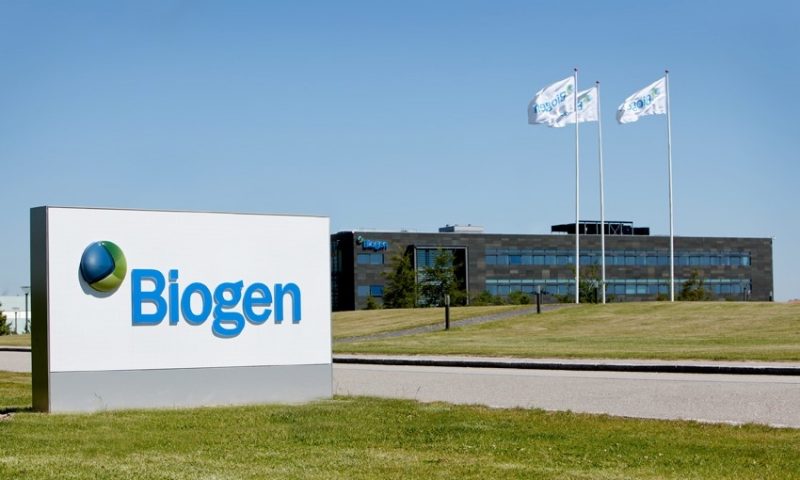In December, Biogen delivered a “positive surprise” for its lupus candidate when all three doses of the drug outdid placebo at improving skin symptoms of the disease in a phase 2 trial. Now, the company is painting a fuller picture of the drug’s effects, including safety data, in patients with lupus limited to their skin.
All three doses of the antibody—50 mg, 150 mg and 450 mg—beat placebo at improving skin symptoms in 132 patients with cuteaneous lupus erythematosus (CLE), as measured by Cutaneous Lupus Erythematosus Disease Area and Severity Index Activity (CLASI-A), a measure of skin symptoms such as reddening, scaling and alopecia, or hair loss. After 16 weeks of treatment, patients on each of the doses logged reductions in CLASI-A scores of 39%, 48% and 43%, compared to 15% for placebo.
Nearly one-quarter of patients taking the highest dose (23%) had a 50% of greater reduction in their CLASI-A score, according to updated data to be presented at the European E-Congress of Rheumatology (EULAR). The lower doses showed some effect too, with more patients in those groups logging a 50% or greater drop in their CLASI-A score, but not enough of them to be considered statistically significant.
Eight patients taking BIIB059 quit the study because of side effects. Most side effects were mild or moderate with a slightly lower proportion of patients taking BIIB059 reporting serious side effects than patients on placebo: 7% versus 9%. Infection rates were similar, at 34% and 30%, respectively.
Though the updated data come from patients with CLE, whose disease is confined to their skin, the LILAC study is also testing the drug in patients with systemic lupus (SLE), which can affect various organs, including the kidneys, nervous system and brain. Biogen will reveal final SLE results at another medical meeting.
The FDA hasn’t approved a new drug for lupus since GlaxoSmithKline’s Benlysta in 2011, the first new lupus drug after a 50-year drought and the first biologic treatment for the disease. Since then, various companies have taken aim at lupus and missed, including Biogen itself. Its UCB-partnered med dapirolizumab pegol did not beat placebo in a phase 2b study in 2018, missing its primary endpoint.

